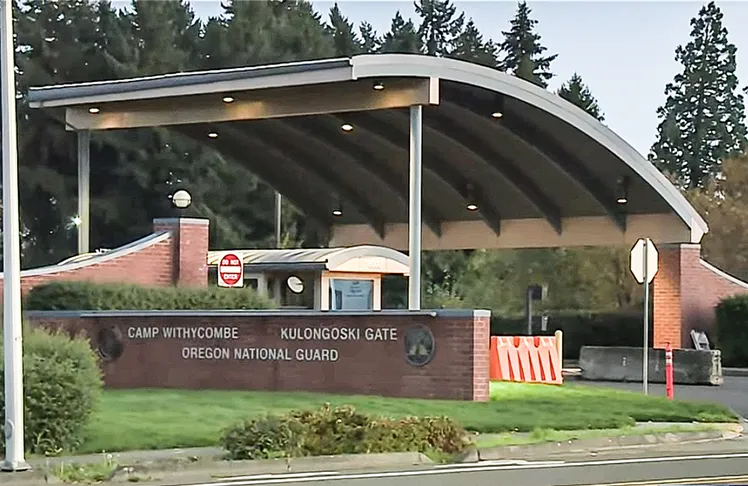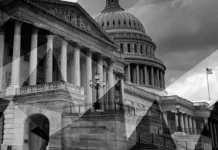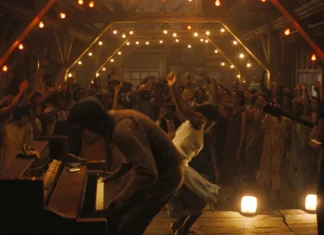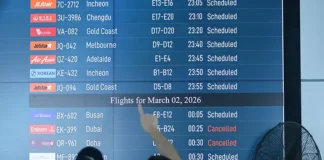
In a significant development, 200 federalized members of the California National Guard stationed in Portland, Oregon, along with an additional 200 federalized Texas National Guard members in Chicago, are poised to return to their respective home states. This decision comes from two U.S. officials, reflecting the complexities surrounding their deployment.
The federalized troops arrived in these cities in early October with the expectation of supporting local law enforcement and ensuring public safety. However, they never engaged in any operational activities due to ongoing legal challenges that have emerged in the courts, preventing their deployment. On Friday night, U.S. Northern Command signaled that changes to the federal troop mission in these urban areas are imminent. The organization posted on X, stating, “In the coming days, the Department will be shifting and/or rightsizing our Title 10 footprint in Portland, Los Angeles, and Chicago to ensure a constant, enduring, and long-term presence in each city.” However, specifics regarding these changes were not disclosed.
Despite being deployed, legal rulings have placed significant constraints on the troops, resulting in their inability to conduct operations. As a result, the California and Texas National Guard members will now return home. California will keep a ready reserve of 100 Guard members, while Texas will maintain a contingent of 200 volunteers prepared for future missions, according to one of the officials.
Additionally, the 200 Illinois National Guard members, who were also federalized under the directive of former President Donald Trump for operations in Chicago, will continue their active duty status. In contrast, the number of Oregon National Guard troops will be reduced to 100, reflecting a strategic adjustment in the federal presence in the area.
This situation highlights the ongoing tensions and legal complexities surrounding the deployment of federal troops in domestic situations, as cities navigate public safety concerns while also adhering to judicial rulings. As the situation evolves, the focus will remain on ensuring a balanced approach to security and community relations in these urban centers.















